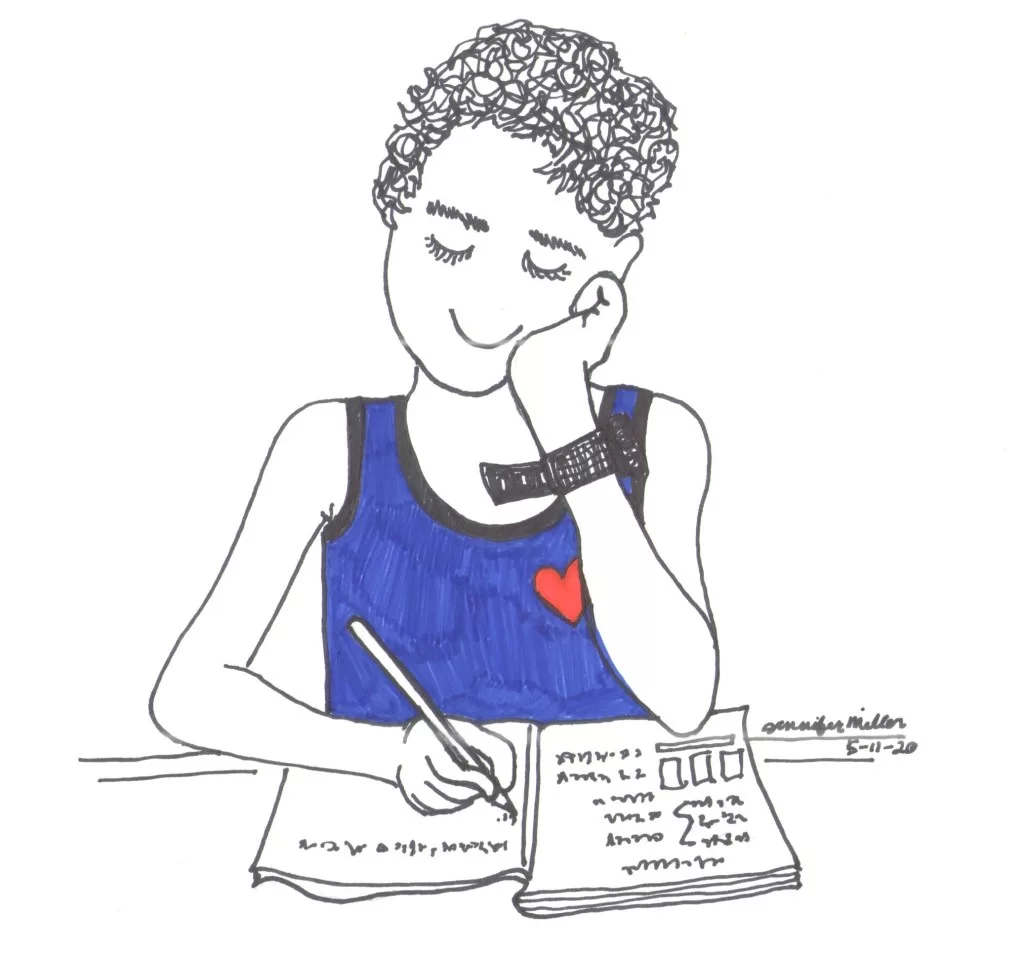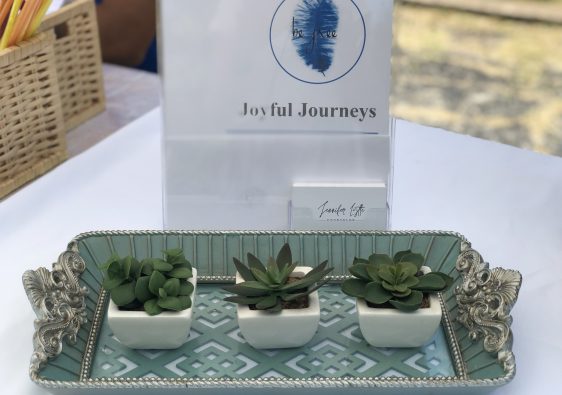 Journaling has been a potent medium for emotional release and cognitive support for decades. One study of adults found an improvement in mental distress even with online journaling (Smyth et al., 2018). Baikie & Wilheim (2005) found similar benefits with expressive writing. The power of putting pen to paper (or fingers to keypad) is aligned with how therapy can help individuals. “Expressing emotions, putting thought into writing, and fleshing out ideas allows the body and mind to process experiences in a way that simply thinking about them does not.” (Lytle, 2023 as cited in Fabian-Weber, para. 2).
Journaling has been a potent medium for emotional release and cognitive support for decades. One study of adults found an improvement in mental distress even with online journaling (Smyth et al., 2018). Baikie & Wilheim (2005) found similar benefits with expressive writing. The power of putting pen to paper (or fingers to keypad) is aligned with how therapy can help individuals. “Expressing emotions, putting thought into writing, and fleshing out ideas allows the body and mind to process experiences in a way that simply thinking about them does not.” (Lytle, 2023 as cited in Fabian-Weber, para. 2).
Why Talk Therapy Isn’t Enough Alone
Verbalizing is helpful, but the next best step is to physically express and emote ideas, visuals, and interpretations. This is how somatic therapy, play therapy, and art therapy have become field norms when it comes to counseling. No longer is the expressive continuum strange or merely artistic. Individuals have different learning styles. Would it also make sense that individuals have different healing styles?
Guess who was featured as a noted counselor on Care.com with insight into how journaling can benefit children and adolescents?
“Expressing emotions, putting thought into writing, and fleshing out ideas allows the body and mind to process experiences in a way that simply thinking about them does not.”
(Lytle, 2023 as cited in Fabian-Weber, para. 2)
Healing needs, including depths of healing, are often also unique. Talk therapy has limitations, and in part, is a reason for the expansion of techniques like eye movement and desensitization response therapy. Therapeutic closure is not unilateral, but rather multifaceted (Van der Kolk, 2014). Different levels of healing may require alternatives to talk therapy. Among alternatives to psychotherapy include the inexpensive and solo activity of journaling.
Free writing is frequently referred to as journaling, especially when the writing focuses on inner thoughts and feelings. While you can purchase a journal with prompts, here are a few helpful starting points with no purchase necessary. Journaling for kids is different because they may benefit most from targeted prompts.

Simple tools such as a Legal Notepad and writing utensils of any form suffice to begin. Give your kid or teen a comfortable workspace with ample time to participate in the activity.
Journal Prompts
Anger
If anger were a color, what color would it be?
If anger were a smell, what smell would it be?
If anger were an animal, what animal would it be? Why?
Draw a picture or write a story about anger.
Sadness
What’s the first memory you have of feeling sad? Can you rewrite the story with a different ending?
Worry
Draw a picture of what worry might look like and label its parts.
Is there a time when worry was bigger than you? What happened?
What do you wish happened? Write about it or draw a picture.
Fear
If fear were an animal, what would it be? Draw a picture of it.
Write about a time you felt safe. What would happen if the fear animal showed up when you were safe?
All About You
Share the story of you.
What is important to know about you?
What are your favorite things about you?
Who are important people to you?
Lonely
Write about a time when you felt lonely. What or how would you have changed?
Journaling for Kids
Using journal prompts can help kids or teens focus on the work of processing big emotions. Journal prompts are a great way to help kids and teens resolve upsetting feelings.
Sources
Fabian, Weber, N. (2023, September 15). 37 journal prompts for kids that are fun and thought-provoking. Care. https://www.care.com/c/journal-prompts-for-kids/
Smyth, J. M., Johnson, J. A., Auer, B. J., Lehman, E., Talamo, G., & Sciamanna, C. N. (2018). Online positive affect journaling in the improvement of mental distress and well-being in general medical patients with elevated anxiety symptoms: A preliminary randomized controlled trial. JMIR Mental Health, 5(4). 10.2196/11290
Baikie, K. A. & Wilhelm, K. (2005). Emotional and physical benefits of expressive writing. Advances in Psychiatric Treatment. 11(5):338-346. doi:10.1192/apt.11.5.338
Van der Kolk, B. (2014). The body keeps the score: Brain, mind, and body in the healing of trauma. Penguin Books.



